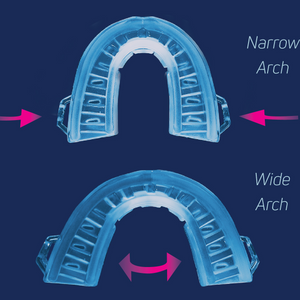Apr 24, 2023
Sleep Cycles & Sleep Disorders (Part 1)
Sleep is one of the most important needs of the human body. It is a time for the body to rest, rejuvenate and repair. Sleep is necessary for overall health, and without it, the body can suffer from various consequences of sleep deprivation. The body goes through different stages of sleep throughout the night, each with its own unique characteristics and benefits.
SLEEP CYCLES REJUVENATE US
Sleep cycles are the various stages of sleep that the body goes through during the night. There are various stages of sleep, including deep sleep, light sleep, and rapid eye movement (REM) sleep. These stages are important for the body to rest and rejuvenate.
REM sleep is one of the most important stages of the sleep cycle. It is during this stage that the brain becomes active, and dreams occur. REM sleep is essential for memory consolidation, and it helps to improve cognitive function. Lack of REM sleep can lead to memory problems, difficulty concentrating, and poor overall cognitive function.
NON-REM VS REM SLEEP
The sleep cycle is divided into two major categories: non-REM sleep and REM sleep. Non-REM sleep is further divided into three stages. The first stage is when you start to feel drowsy and drift off into sleep. During this stage, you may experience brief sensations of falling or jerking awake. The second stage is when the body enters a deeper state of sleep. This is when the heart rate and breathing slow down, and body temperature drops. The third stage is the deepest stage of sleep, also known as deep sleep or slow-wave sleep. During this stage, the body is in the deepest state of rest, and it is difficult to be awakened.
REM sleep is the final stage of the sleep cycle. During this stage, the brain becomes more active, and the body begins to experience rapid eye movements. This stage is when most dreams occur, and it is essential for memory consolidation and cognitive function.
Sleep is necessary for overall health, and lack of sleep can lead to various health problems such as obesity, diabetes, heart disease, high blood pressure, and depression. It is important to get enough sleep each night to maintain good health and well-being.







